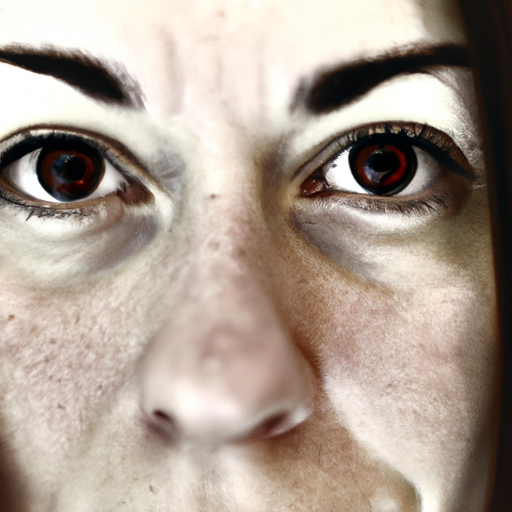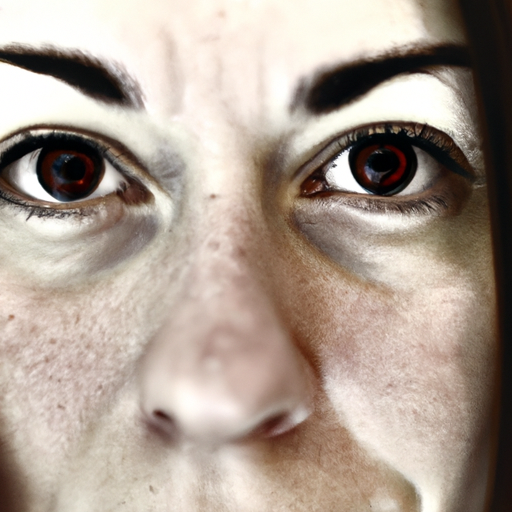Dry skin, medically known as xerosis or asteatosis, is a common condition that affects millions of people worldwide. It can be a mere annoyance for some, but for others, it can lead to significant discomfort and distress. Understanding the causes, symptoms, and treatment options for dry skin is essential to managing this condition effectively. This article aims to provide a comprehensive guide to diagnosing and treating dry skin.
Dry skin is characterized by a lack of appropriate moisture in the most superficial layer of the skin, the epidermis. While dry skin can affect any part of your body, it’s most common on the arms, hands, lower legs, and abdomen. The symptoms of dry skin can vary from person to person but generally include itching, a feeling of skin tightness, especially after showering, bathing or swimming, a rough or scaly appearance, slight to severe flaking or peeling, fine lines or cracks, redness and deep fissures that may bleed.
Several factors can cause dry skin. These include environmental factors such as cold or hot weather, low humidity, and soaking in hot water. Your skin can also become excessively dry if it’s frequently exposed to harsh soaps and detergents. Certain medical conditions like hypothyroidism, diabetes, atopic dermatitis, psoriasis, and certain medications can also cause dry skin.
Diagnosing dry skin is usually straightforward. A dermatologist or skincare expert will typically examine your skin and ask about your medical history. They may also perform specific diagnostic tests, such as a skin biopsy (removing a small patch of skin for lab testing) to rule out other conditions that may be causing your dry skin.
Once diagnosed, the treatment for dry skin primarily involves replenishing lost moisture and repairing the skin’s protective barrier. This often starts with lifestyle changes and over-the-counter remedies.
Firstly, it’s crucial to limit exposure to harsh soaps and detergents. Instead, opt for gentle, fragrance-free cleansers. Avoid hot showers and baths, which can strip your skin of its natural oils. Instead, use lukewarm water and limit your bath or shower time to 15 minutes.
After washing, gently pat your skin dry with a towel and immediately apply a moisturizer. Look for products that contain ingredients that help lock in moisture, such as hyaluronic acid, ceramides, glycerin, and lanolin. Applying a moisturizer several times a day can also be beneficial.
In addition to these steps, using a humidifier in your home can help maintain your skin’s moisture levels, especially in dry or cold weather. Drinking plenty of water and maintaining a healthy diet rich in omega-3 fatty acids can also help improve skin hydration.
If these measures don’t relieve your symptoms or if your skin becomes inflamed, it’s time to see a dermatologist. Prescription treatments for dry skin may include topical corticosteroids to reduce inflammation, prescription-strength moisturizers that replenish the skin’s barrier, or medications that address underlying health conditions causing the dry skin.
In conclusion, while dry skin can be uncomfortable and even painful, understanding its causes and implementing an effective treatment plan can significantly alleviate symptoms. Remember, everyone’s skin is unique, so what works for one person may not work for another. It may take some trial and error to find the right treatment for you. If you’re struggling with dry skin, don’t hesitate to seek professional help. A dermatologist can provide personalized advice and treatment options to help you manage your dry skin effectively.




